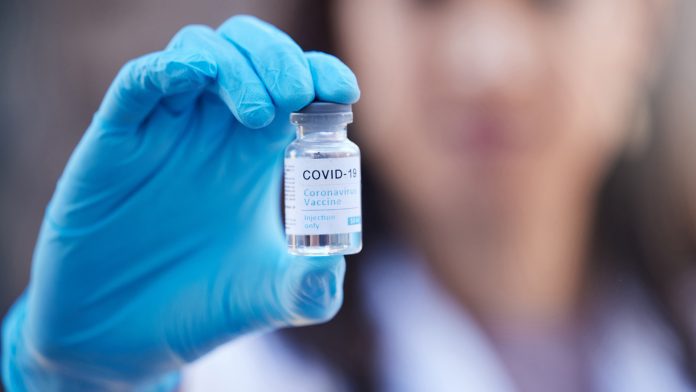
COVID vaccines are associated with a decreased risk of death in patients with heart failure, according to research.
In new research presented at ESC Congress 2022, researchers have found that the mRNA COVID vaccines lower the risk of death in patients with heart failure. They were also not linked to an increased risk of worsening heart failure, venous thromboembolism, or myocarditis in heart failure patients.
“Our results indicate that heart failure patients should be prioritised for COVID-19 vaccinations and boosters,” said the study author Dr Caroline Sindet-Pedersen of Herlev and Gentofte Hospital, Hellerup, Denmark. “COVID-19 vaccines will continue to be important for preventing morbidity and mortality in vulnerable patient populations. Thus, studies emphasising the safety of these vaccines are essential to reassure those who might be hesitant and ensure continued uptake of vaccinations.”
Reviewing mRNA COVID vaccines for heart health
Patients with heart failure are at a higher risk of hospitalisation, need for mechanical ventilation, and death due to COVID-19. Vaccination reduces the risk of serious illness from COVID-19. However, “Due to perceptions about possible cardiovascular side effects from mRNA vaccines in heart failure patients, this study examined the risk of cardiovascular complications and death associated with mRNA vaccines in a nationwide cohort of patients with heart failure,” said Dr Sindet-Pedersen.
The study included 50,893 unvaccinated patients with heart failure in 2019 and 50,893 patients with heart failure in 2021 who were vaccinated with either of the two mRNA COVID vaccines (BNT162B2 or mRNA-1273). The two groups were matched for age, sex, and duration of heart failure. The median age of participants was 74 years, and 35% were women. The median duration of heart failure was 4.1 years. The participants were monitored for 90 days for all-cause mortality, worsening heart failure, venous thromboembolism, and myocarditis, starting from the date of the second vaccination for the 2021 group and the same date in 2019 for the unvaccinated group.
The researchers compared the risk of adverse outcomes in the two groups, after standardising for age, sex, heart failure duration, use of heart failure medications, ischaemic heart disease, cancer, diabetes, atrial fibrillation, and admission with heart failure less than 90 days before the first date of follow up. Dr Sindet-Pedersen explained: “Standardisation imitates a randomised trial and is a way to obtain a better causal interpretation of the results from observational studies.”
No cardiovascular side effects
Within the 101,786 heart failure patients, the researchers discovered that having mRNA COVID vaccines were not associated with an increased risk of worsening heart failure, myocarditis or venous thromboembolism but was associated with a decreased risk of all-cause mortality. The standardised risk of all-cause mortality within 90 days was 2.2% in the 2021 cohort with mRNA COVID vaccines and 2.6% in the 2019 unvaccinated cohort. This indicates a significantly lower risk for all-cause mortality in 2021 versus 2019. The standardised risk of worsening heart failure within 90 days was 1.1% in both cohorts. Similarly, no significant differences were found between groups for venous thromboembolism or myocarditis.
Dr Sindet-Pedersen concluded: “The study suggests that there should be no concern about cardiovascular side effects from mRNA vaccines in heart failure patients. In addition, the results point to a beneficial effect of vaccination on mortality.”
























